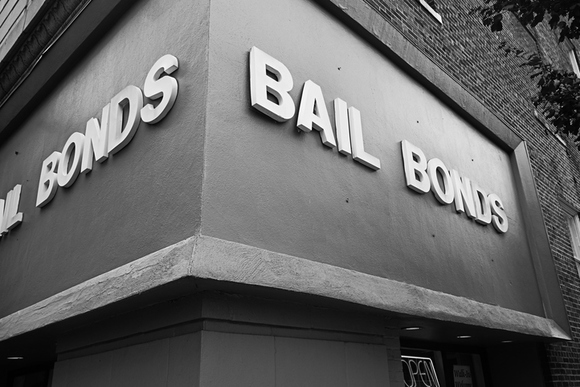
When you or someone you know gets arrested, it’s likely that one of your first considerations will be how to go about posting bail. Posting bail allows you to get out of jail until future court dates.
The amount of your bail and the process for posting it depends on what you’re charged with, the specific circumstances of your case, and what jail you’re taken to. Your Las Vegas criminal defense attorney can shed some insight into the process of posting bail for your specific situation.
Bail is an amount of money that you deposit with the court in order to stay out of jail when you’re charged with a crime. The purpose of bail is to give you an incentive to show up for future court dates. If you miss a court date, you forfeit the bail money, and you can go back to jail. Bail is also called bond.
For many offenses, there’s a standard amount of bail based on the charged offense. For example, bail for a standard domestic violence charge with no extenuating factors is typically $3,000. In most misdemeanor cases, the bond amount is the standard amount for that crime. If law enforcement wants, they can take you in front of a judge to ask for a different amount.
In severe cases, the judge always sets the amount of bail. They can consider your criminal history, specific indicators that might lead the court to believe you’re a flight risk, and the allegations in the offense. Both you and the district attorney can talk to the judge about what you feel is an appropriate amount of bond.
When the court grants bail, they can make it conditional. That means there are things that you need to do or avoid doing to stay out of jail while your case pends in the court. You may be ordered not to have contact with one or more people. You may be ordered to avoid drinking alcohol or using drugs.
You may need to notify the court if you change your address or phone number. The court can impose any reasonable condition of bail. You can work with your attorney to make the case why a particular condition might not be appropriate in your case.
When you’re arrested for a crime in the Las Vegas area, you’re taken to one of three jails: the Clark County District Court, the Las Vegas Justice Court, or the Las Vegas City Jail.
Once you’re there, you go through a booking process that takes two to four hours. They’ll take your fingerprints. If you have personal property, they take it and keep it until you’re released. They’ll ask you for your personal information like health conditions.
You can post bail, or someone else can post it on your behalf. How to post bail depends on what jail you’re in.
If you can’t post the entire amount of bail, you can work with a bail bondsman. You pay them a small percent of the bail amount that they keep, and they post the entire bail on your behalf. When you show up for court, they get that money back. If you don’t show up for court, they have the option to track you down and take you back to jail themselves.

Nevada law allows them to charge you 15 percent of the total bond amount. They can also charge for expenses like a notary fee or travel costs. They can accept collateral if you can’t put up the 15 percent.
If you violate the conditions of your bail, you may find yourself back in jail until you resolve your case. The court may ask you to respond to allegations that you violated your bond.
If they agree that you violated your bail conditions, they can put you in jail or continue your bond with different conditions, a different bail amount, or a warning. If you need to modify your bond conditions, you can ask the court to make a change.
Posting bail can help you defend yourself from the accusation against you. It’s a lot easier to prepare for trial when you’re not in jail. You can also begin counseling or continue your employment to show the court that you’re a productive member of society.
Your criminal defense attorney can work with you to ask the court for bond conditions that are reasonable and manageable as you work together to prepare your best defense.